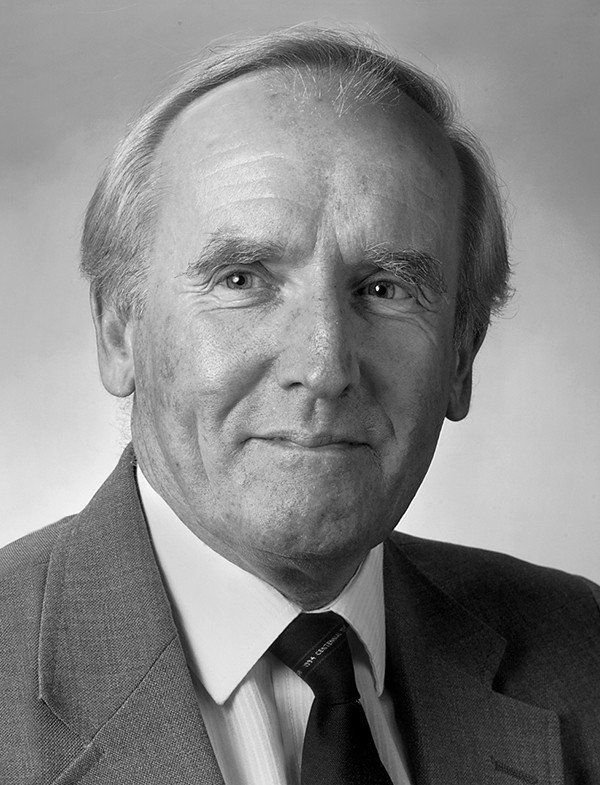Animal physiologist David Robertshaw dies at 85
By Krishna Ramanujan
David Robertshaw, professor emeritus of physiology and an expert on water metabolism and temperature regulation in desert-adapted mammals, died Nov. 8 in Ithaca. He was 85.
During his career, Robertshaw served as chairman of the Department of Physiology at the College of Veterinary Medicine and as associate dean for premedical education at Weill Cornell Medicine-Qatar, where he designed and launched the premedical program. His studies of camels in Morocco shed light on the physiology of how the animals can survive in the desert for long periods with little water. And in Indonesia, he studied how imported sheep and their crossbreeds adapted to their new climate.
“David was a true legend in his field and pioneer of international programming in higher education,” said Lorin Warnick, the Austin O. Hooey Dean of the College of Veterinary Medicine.
“David Robertshaw was an extraordinary teacher, scientist, administrator and mentor,” said Mark Roberson, professor of physiology in the Department of Biomedical Sciences. “We are very grateful for all he did to support us as members of the Cornell community, and I will greatly miss his presence here in the College of Veterinary Medicine.”
Born Jan. 15, 1934, in Yorkshire, England, Robertshaw earned a bachelor of veterinary medicine and surgery degree in 1957 and a doctorate in 1963, both from Glasgow University in Scotland. In 1960 he joined the East African Veterinary Research Organization in Kenya but moved back to Scotland in 1963, when he was hired as a senior scientific officer at the Hannah Research Institute in Ayr.
In the following two decades, Robertshaw chaired the physiology departments at the University of Nairobi, Kenya, at Indiana University’s School of Medicine, and at Colorado State University.
He joined Cornell in 1987 as professor and chair of the Department of Physiology at Cornell’s veterinary college. From 1998 to 2001, he stepped down from his duties as chair and became director of International Programs at the college.
His research investigated the regulation of electrolytes, water and temperature in mammals, and produced a series of books on environmental physiology and close to 100 research papers and abstracts.
In 2001, Robertshaw became one of the first faculty members to join Weill Cornell Medicine-Qatar. He led the premedical program 2002-07 and retired in 2008.
Robertshaw subsequently worked as a Fulbright specialist in Israel, but continued to visit Qatar to take part in an annual research retreat. He also mentored Qatari high school students, winners of Weill Cornell Medicine-Qatar’s Healing Hands essay competition that allowed them to travel from Doha to New York to visit labs and attend sessions at Weill Cornell Medicine and at Cornell’s Ithaca campus.
“Dr. Robertshaw’s dedication to teaching our students was remarkable, always finding creative ways for students to discover the physiological basis of disease processes,” Roberson said.
Among many honors, Robertshaw was elected president of the American Society of Veterinary Physiologists and Pharmacologists, 1985-86; and was given an Honor Award for contributions to physiology by the American Physiological Society in 2002.
He was a member of the American Society of Veterinary Physiologists and Pharmacologists, the American Physiological Society, the American Veterinary Medical Association and the American Association for the Advancement of Science.
Robertshaw is survived by his wife of 60 years, Margaret.
Services for Robertshaw will be held Nov. 19 at 3 p.m. at the Country Club of Ithaca, 189 Pleasant Grove Road.
Media Contact
Get Cornell news delivered right to your inbox.
Subscribe

